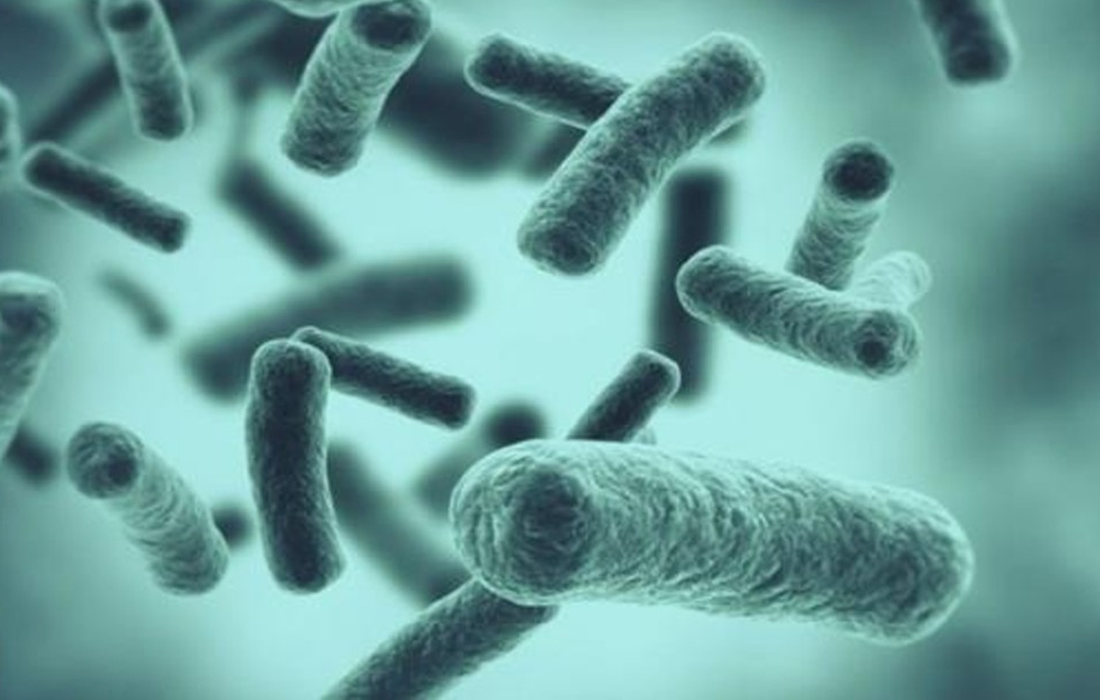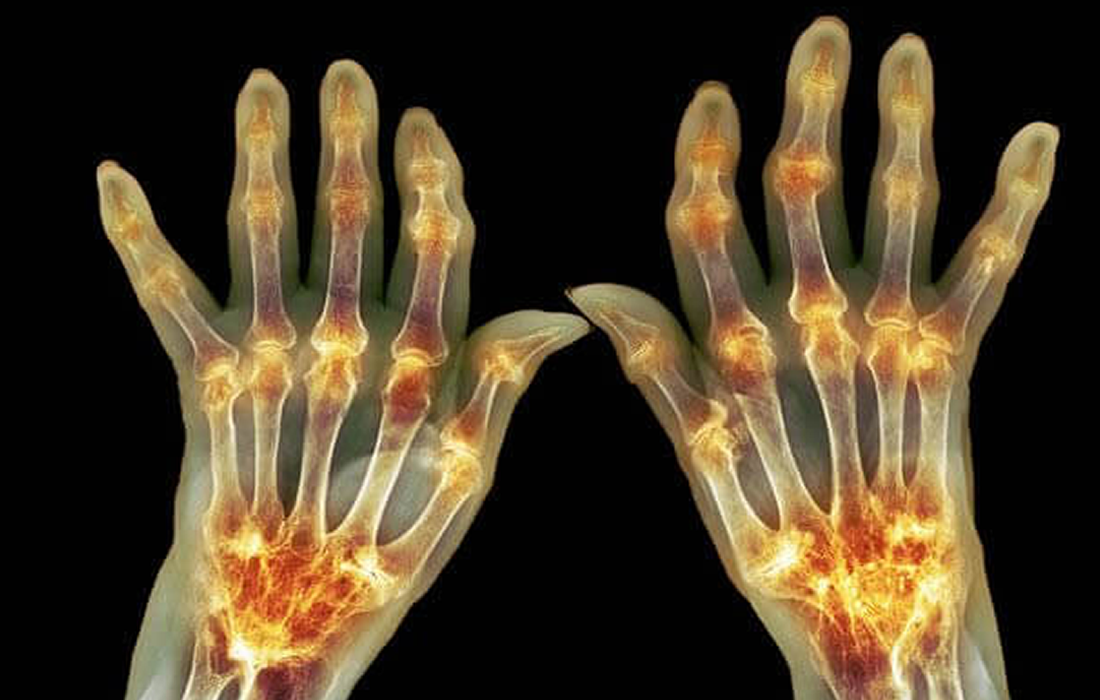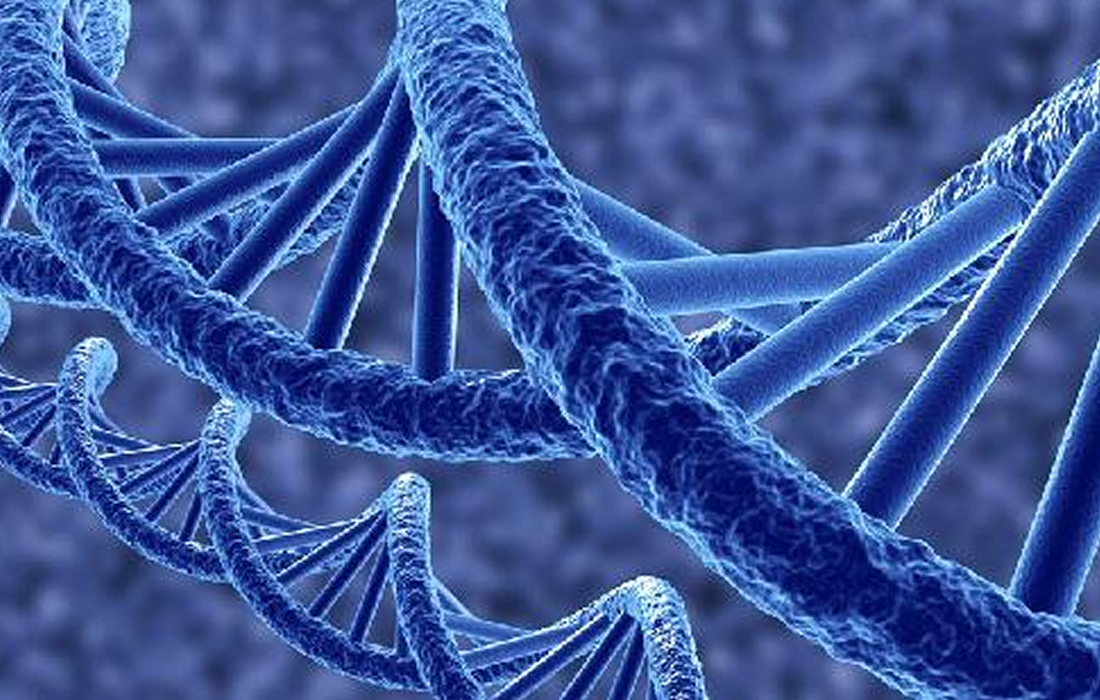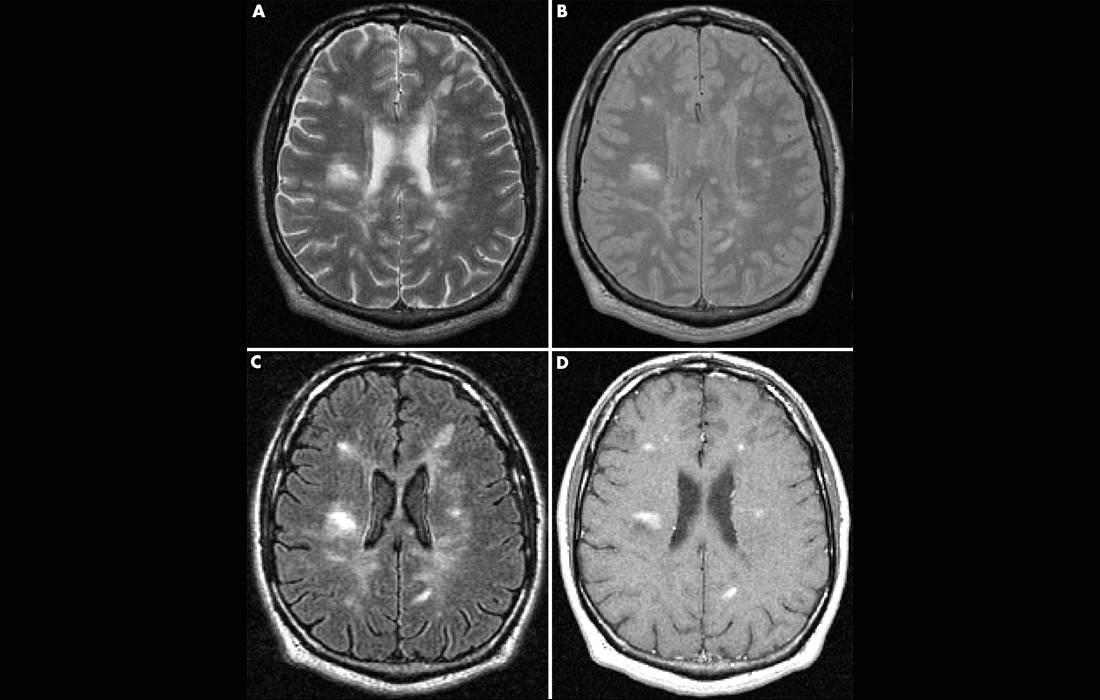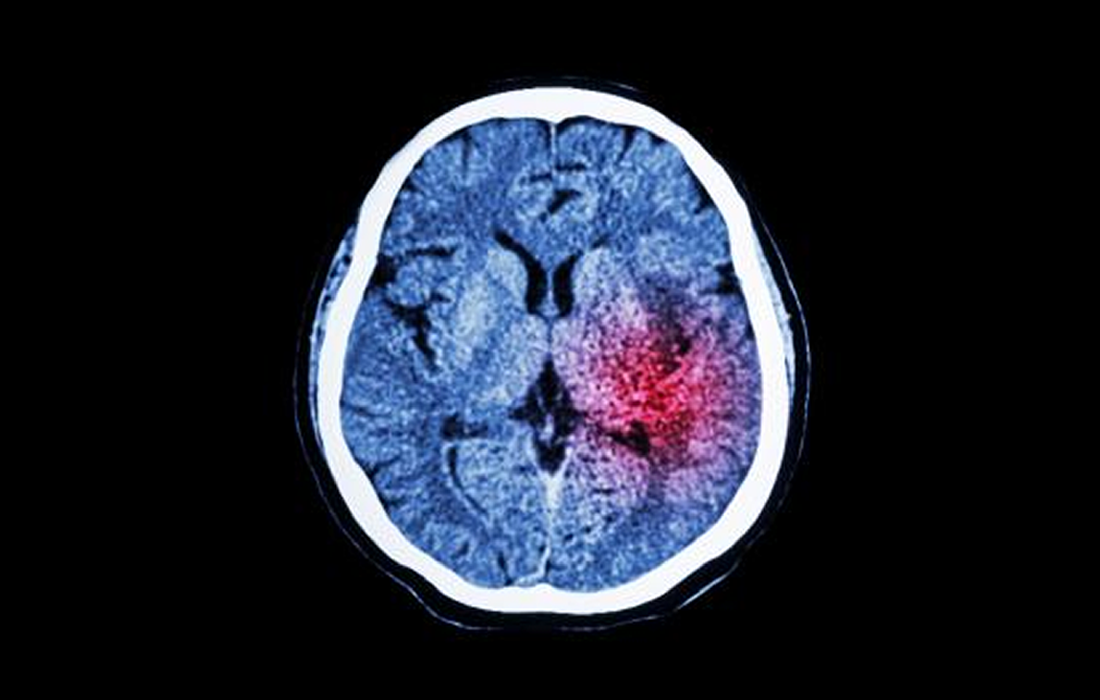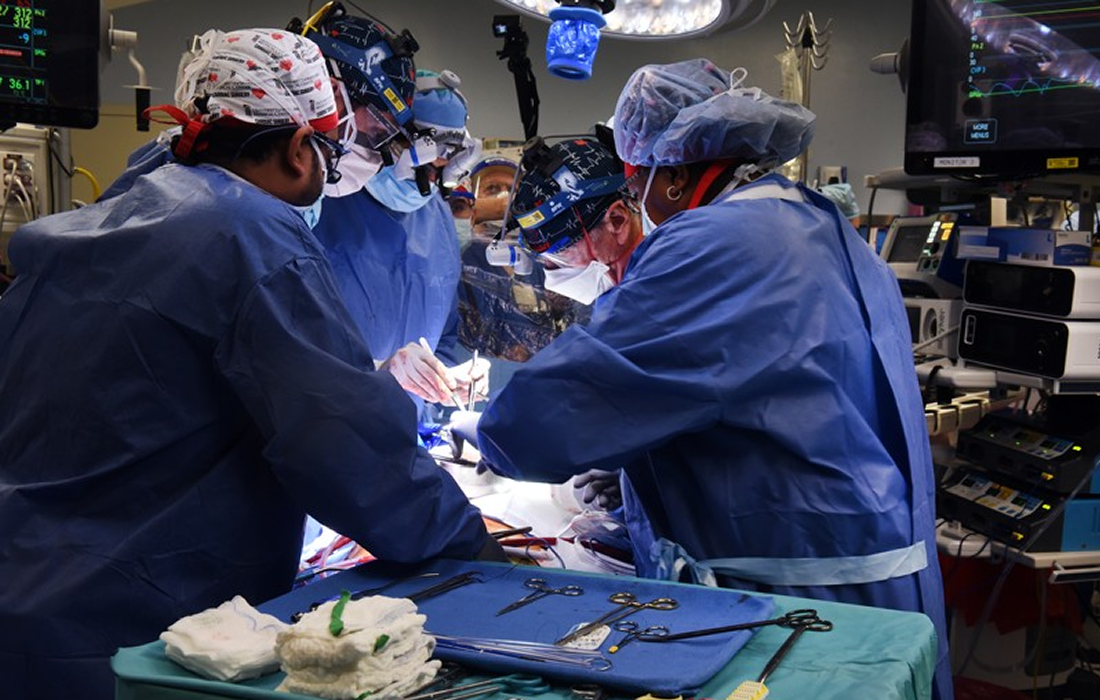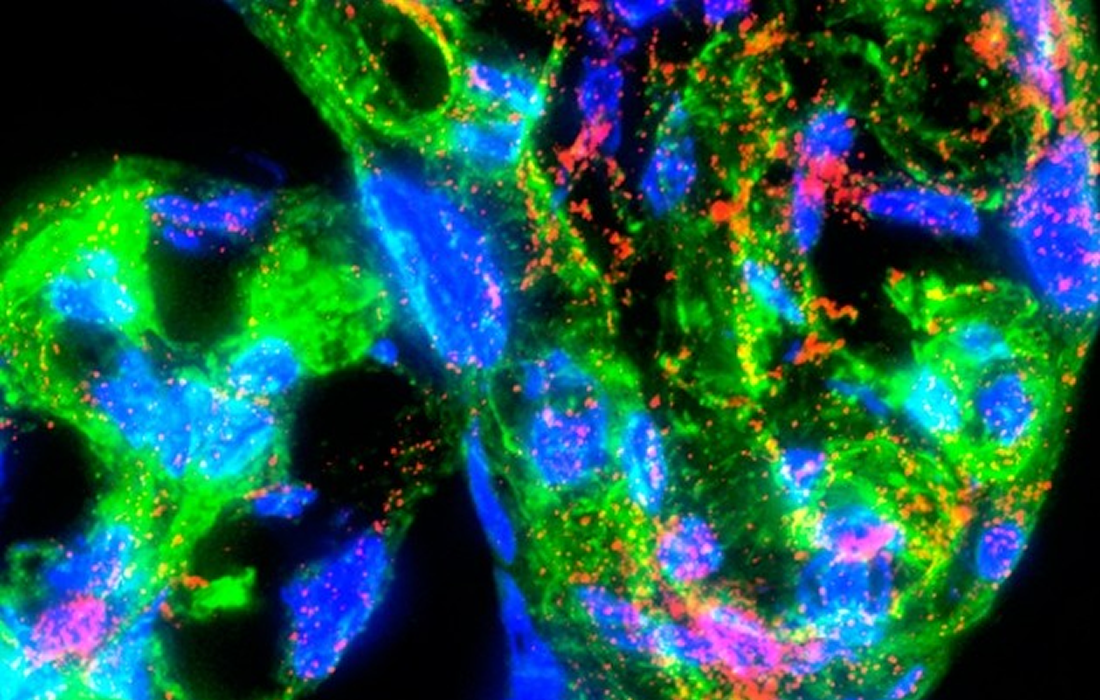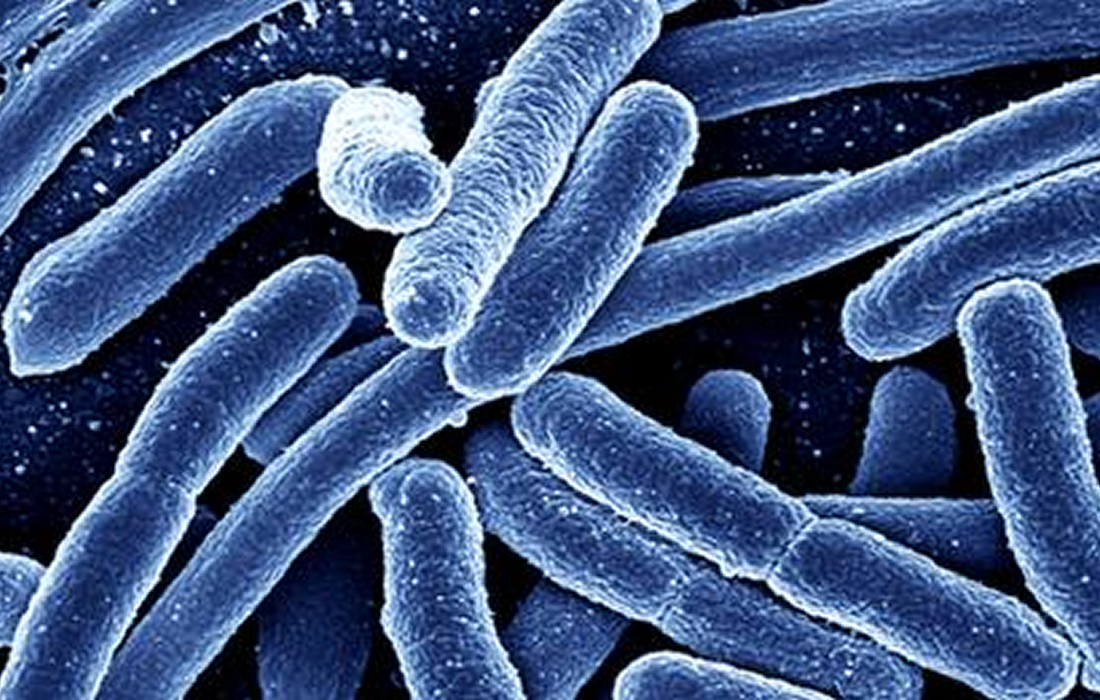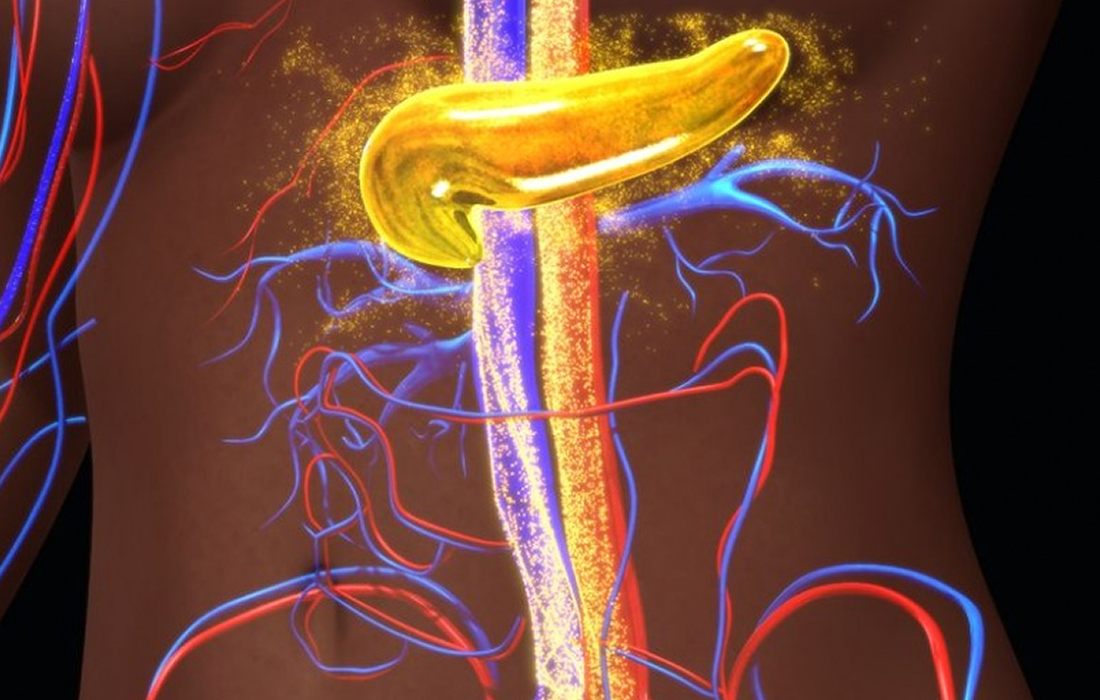According to the results of a new study published in the journal The Lancet, more than 1 million people died from antibiotic-resistant infections across the globe in 2019, hundreds of thousands more than malaria or HIV/AIDS. Antimicrobial-resistant bacteria are considered one of the biggest threats facing modern medicine. Some studies have even estimated that by […]
Monthly Archives: January 2022
Rheumatoid arthritis (RA) is characterized mainly by synovial inflammation and hyperplasia, cartilage/bone damage, and systemic comorbidities. Different factors can influence the development of RA, including genetic-environmental interactions, synovial immunologic processes and inflammation, and a loss of immunological self-tolerance. It has been reported that proinflammatory cytokines play an essential role in the disease. Biological agents aiming […]
The random occurrence of mutations with respect to their consequences is an axiom upon which much of biology and evolutionary theory rests. This simple proposition has had profound effects on models of evolution developed since the modern synthesis, shaping how biologists have thought about and studied genetic diversity over the past century. New Study Challenges […]
MS is a chronic immune-mediated demyelinating and neuroinflammatory disease of the brain and the spinal cord that can result in neurological dysfunction and disability. Focal white matter lesions (WML) of demyelination are the most readily detectable manifestation of multiple sclerosis at morphologic MRI. However, they represent only macroscopic tissue damage and are therefore unable to […]
A study performed by Stanford University School of Medicine in Palo Alto, California with the lead author Dr. Gary Steinberg that included a small number of stroke participants had promising results that have been met with positivity because this could be a life-changing treatment for a lot of stroke patients. The results were published in […]
Flavanols (FL) are another subclass of flavonoids that exist in a variety of chemical forms and derivatives. Flavanols are the predominant pigments in wine, tea, and cocoa. The consumption of flavanol-rich cocoa, chocolate, and tea has been associated with the decreased risk of some vascular diseases, including cardiac events and strokes and improvements in blood […]
The first of its kind surgery was successfully completed in a 57-year-old patient with terminal heart disease. He received a transplant from a genetically-modified pig heart. The team of surgeons was from the University of Maryland School of Medicine in Baltimore. The organ transplant demonstrated for the first time that a genetically-modified animal heart can […]
Multiple sclerosis (MS) is an immunologically mediated disease of the central nervous system that is prevalent worldwide. It can occur at any age, but the onset is most frequent in adults aged 20 to 50 years. The most common type, known as relapsing-remitting MS (RRMS) consists of an episodic disorder that can evolve into a […]
A new study by researchers from the Johns Hopkins University Bloomberg School of Public Health has identified a bacterial protein associated with colorectal cancers. The newly identified toxin common in E. coli bacteria accelerated colon cancer in a mice study, which confirms a link to human colorectal cancers and could pave the way for developing […]
The body’s glucose levels are regulated by different hormones produced by the pancreas. The main one, insulin is produced to regulate the amount of sugar circulating in the blood. In diabetes, this mechanism starts failing either when the pancreas fails to produce enough insulin or when the body’s tissues become resistant to the hormone’s effects. […]

